POLYCULTURE...taking companion planting to the next level
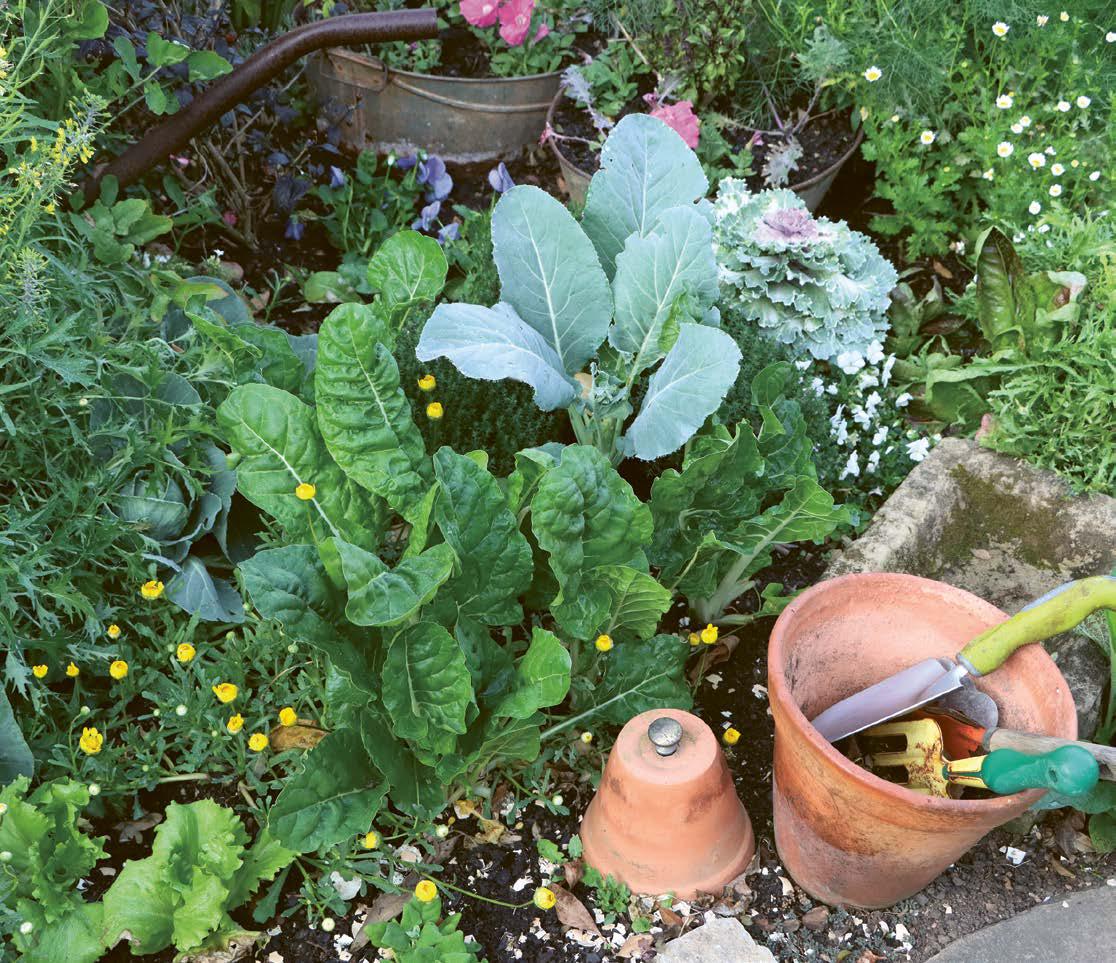
It is probably safe to say that most veggie gardeners practice companion planting in one way or another. It could be as basic as planting basil and tomatoes together, using nasturtiums as a trap crop for aphids or planting a border of marigolds to repel insects.
But did you know that you can take companion planting to another level? It is called polyculture, which means planting a mix of crops in a single space. It is an age-old practice that predates monoculture (single cropping) that was introduced with the advent of large-scale mechanised agriculture.
All the basics of companion planting apply in polyculture, such as using plants that have a beneficial effect on nearby plants, add nitrogen to the soil, as well as plants that either repel insects or attract pollinators and other beneficial insects.
But there is a difference. While companion planting will focus on a specific crop and companion plants that can be grown with it, polyculture looks at creating an eco-system in the same space by combining different plants that are of benefit to the whole.
The objective of polyculture is to make better use of space on a continuous basis, with greater biodiversity that leads to more stable yields.
An often-quoted example of polyculture is the 'three sisters' method of planting. It consists of maize that supports the climbing green beans, which in turn fix nitrogen in the soil and trailing squash (butternut or pumpkin) that provides shade for the roots of the maize and beans and supresses weeds.
Getting started
Polyculture can be applied to any space; a single bed or a whole veggie garden (once you get the hang of it) and even vegetables grown in containers. It can be extended to the flower garden too.
Bu hikaye The Gardener dergisinin July 2023 sayısından alınmıştır.
Start your 7-day Magzter GOLD free trial to access thousands of curated premium stories, and 9,500+ magazines and newspapers.
Already a subscriber ? Giriş Yap
Bu hikaye The Gardener dergisinin July 2023 sayısından alınmıştır.
Start your 7-day Magzter GOLD free trial to access thousands of curated premium stories, and 9,500+ magazines and newspapers.
Already a subscriber? Giriş Yap

Preserving apples
The end of the apple season means that apples need to be preserved for the next six months until the next harvest is ready.
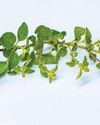
Golden Oregano
Origanum vulgare ‘Aureum’, as its name suggests, is golden yellow in full sun and cool weather. These bright herbs are highly fragrant, with a classic oregano taste and aroma, and are often used in the kitchen for pasta and pizza. In summer, the yellow leaves will be covered with small pink and purple flowers.
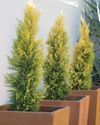
Potting up a conifer
Conifers generally are well-behaved plants with interesting, evergreen foliage and mostly formal and neat growth habits. This makes them stately candidates for roomy containers.

Enduring and venerable trees
There cannot ever be a good reason not to plant a tree, and somewhere there is just the right tree for you...
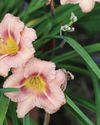
Daylilies make a comeback
Daylilies are making a comeback in 2025 with even more shapes, twists, ruffles, pleats, picotees, curves, and stunning colours and colour combinations. There are singles and doubles, big and small flowers, each unique, and yes, they only last a day! They do, however, have another flower bud just behind that one, ready to show off the next day.
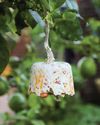
How to make a fat ball
Some birds love a fat ball in winter to boost their energy levels. These are easy to make and a fun project to do with the kids.
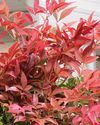
The Princess and Obsession
It only takes two wonderful modern hybrids of old garden favourites to prepare a garden and containers for an unforgettable spring performance.
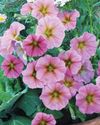
Pink and pretty
Pink colour shifters with hot appeal...

GROW the WALL
If you want lots of flowers in plantable concrete retaining wall blocks or lush stems and foliage cascading over dry stone walls, we have good plant suggestions for you!

Winter indoor plant care
Winter can be a tough time for your houseplants; a drop in natural light, drier air, and cold drafts can all influence their lush appeal. As plant lovers, spending more time indoors in winter creates opportunities to keep a close eye on your leafy companions and make some changes to avoid these common winter blues.
